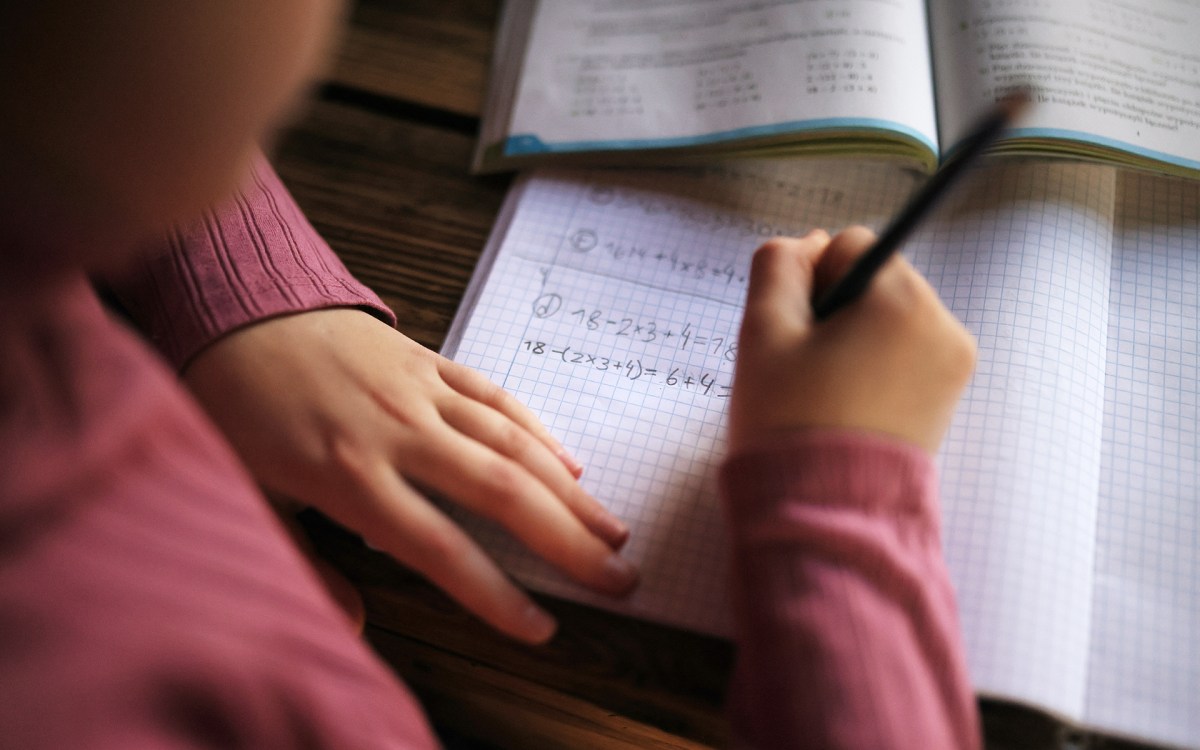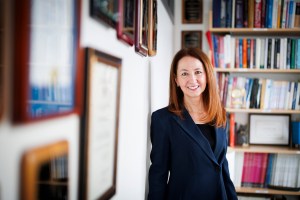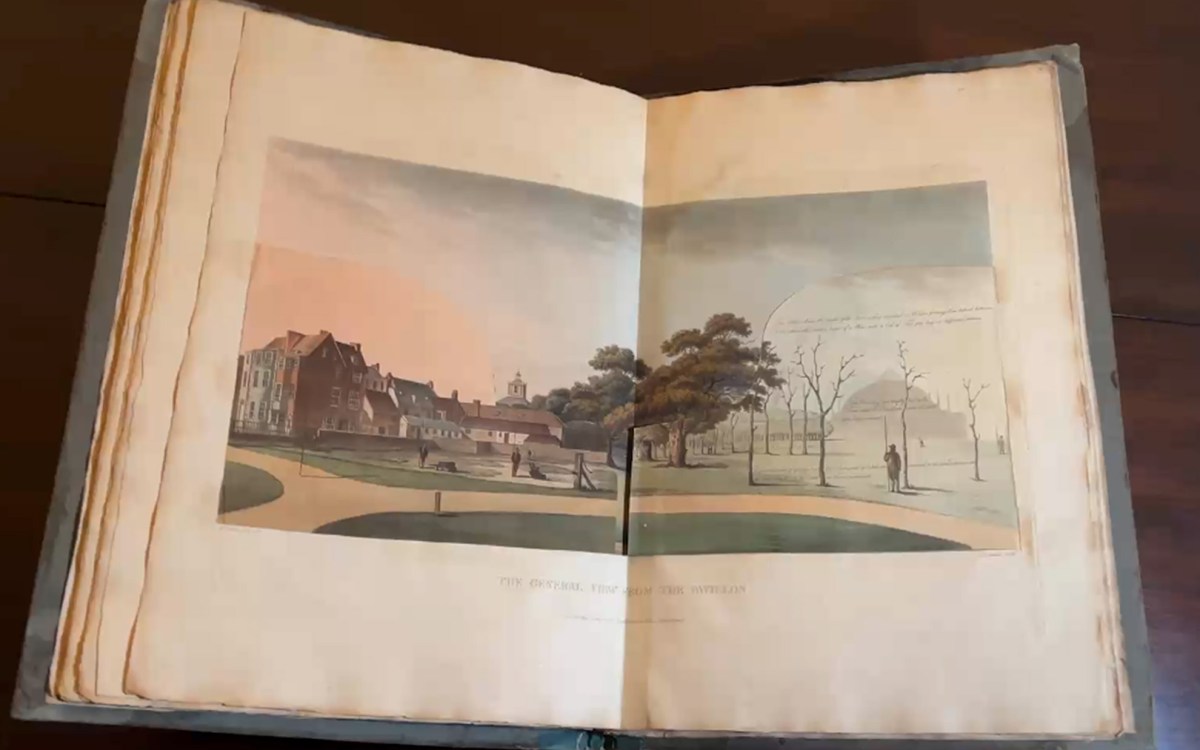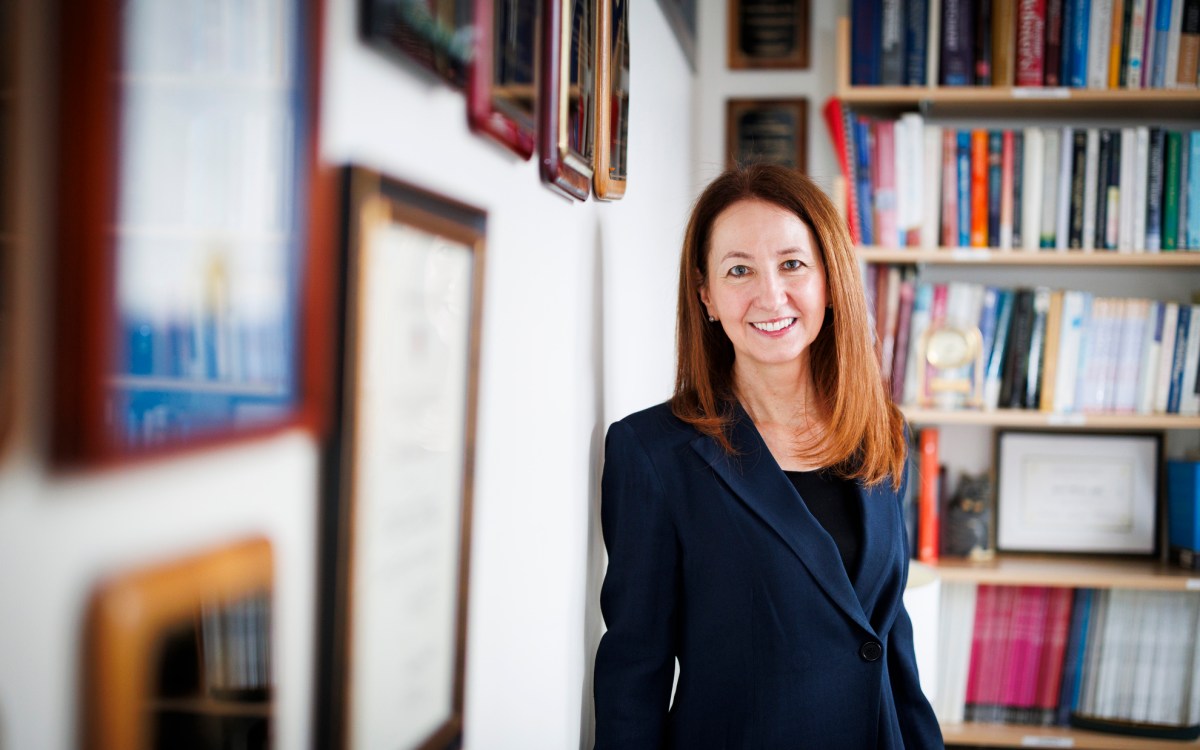Annabel Kim explores speculative new futures with ‘Plasmas’ translation
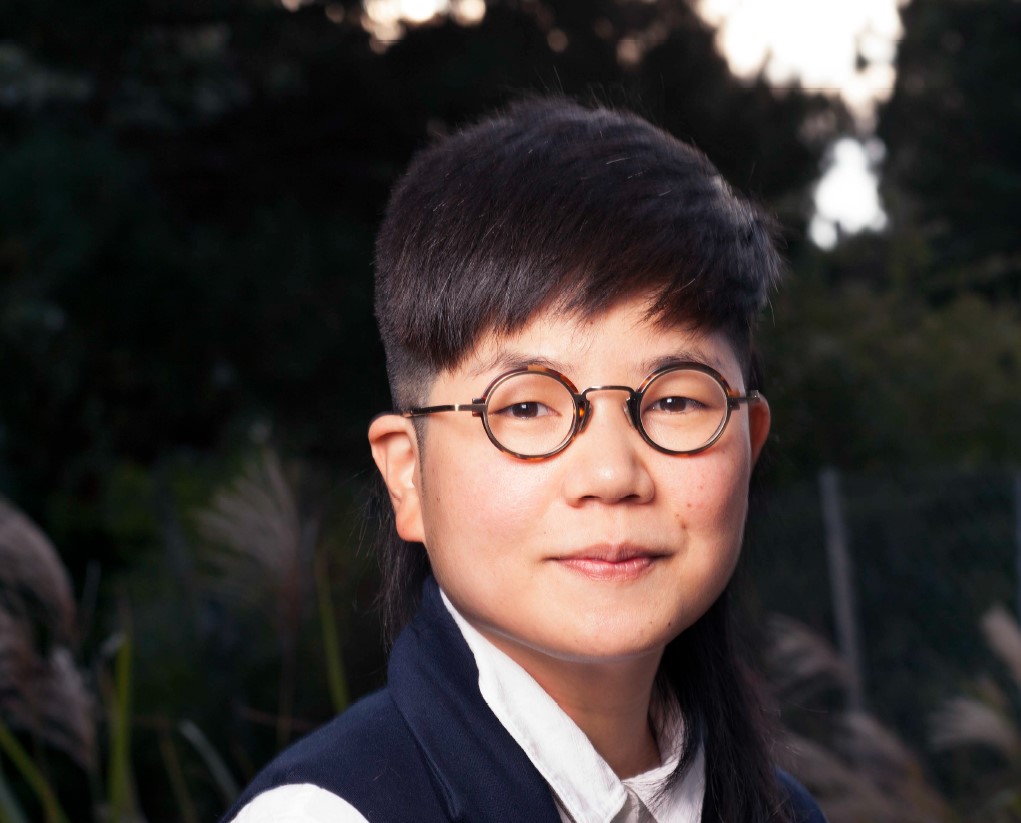
Annabel Kim.
Photo by Christophe Delory
Annabel Kim thinks of “Plasmas,” the latest novel by French writer Céline Minard, as a cubist painting: representing reality, while simultaneously shattering our perception of it.
Kim’s new English translation of the novel, which she calls “a preemptive eulogy for humanity,” published Oct. 22.
“That shattering opens up really wonderful possibilities for how we are to think about our place in this world and how we might be able to imagine the world as it will be and the world as it won’t be,” said Kim, professor of Romance Languages and Literatures and chair of the department. “It really is a novel that compels us to take on a writerly position, to try to invent and create in our own ways.”
“Plasmas,” which was first published in France in 2021 and won the French Prix de l’imaginaire in 2022, is a speculative fiction novel that explores climate collapse and the end of the world due to human acts. Told in a series of vignettes that each explore a different world, the book dives deep into questions of legacy, memory, the body, and technology.
“The whole text feels really uncanny throughout,” Kim said. “Nothing is unrecognizable, everything is close to our world at hand but made strange. For me, the thing that is the most challenging about translating it is how to convey the strangeness of the original text, and to communicate that the strangeness is intentional.”
Minard is a force in contemporary French literature, known for exploring new fictional territory in each of her books, which include “Le Dernier Monde (2007),” “Bastard Battle” (2008), and “So long, Luise” (2011).
Kim became fascinated with Minard’s writing after translating her short story “The Formica,” published in States magazine in 2023. So when Minard asked her to translate “Plasmas,” Kim was enthusiastic. Minard’s detailed world-building, complete with invented vocabulary and laws of nature, provided a particular translation challenge for Kim, who said the text was a “continual surprise.”
Kim says she appreciates the book’s quiet, contemplative approach to the climate crisis, prompting readers to imagine what the future of their own world might look like, even if it’s uninhabitable.
“She leaves it up to the readers to be able to draw their own conclusions,” Kim said. “We don’t necessarily think of ourselves as individuals as having world-building power, but each of us is indeed contributing to building this world.”
